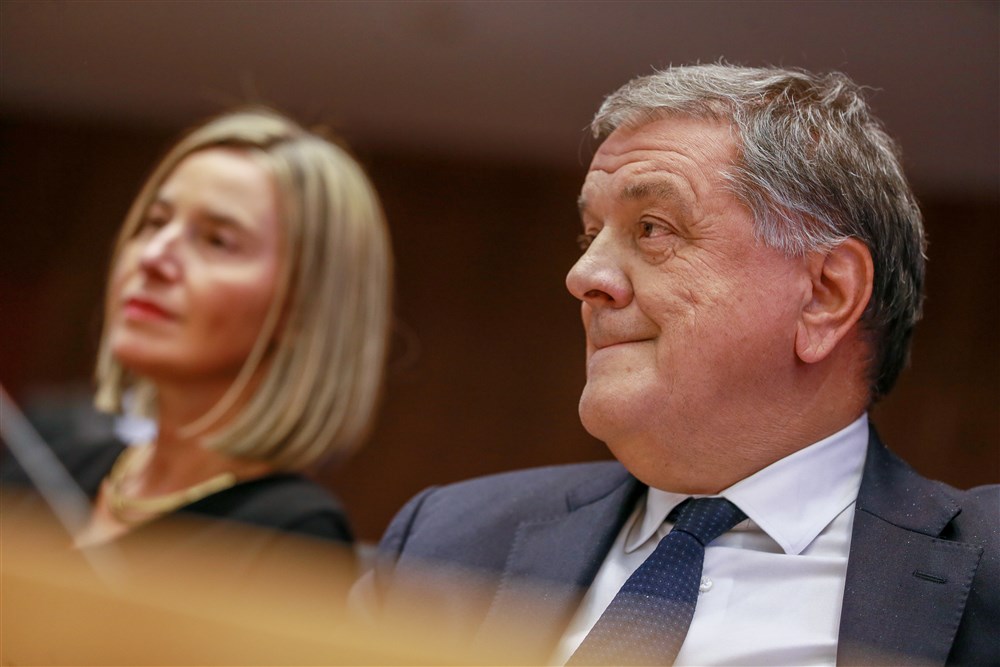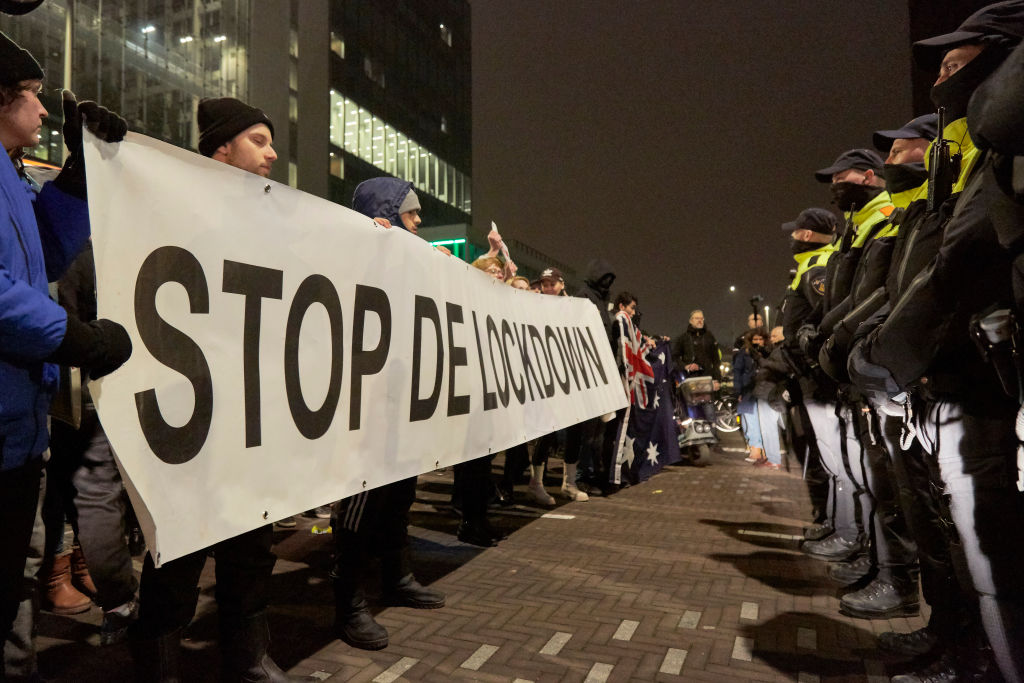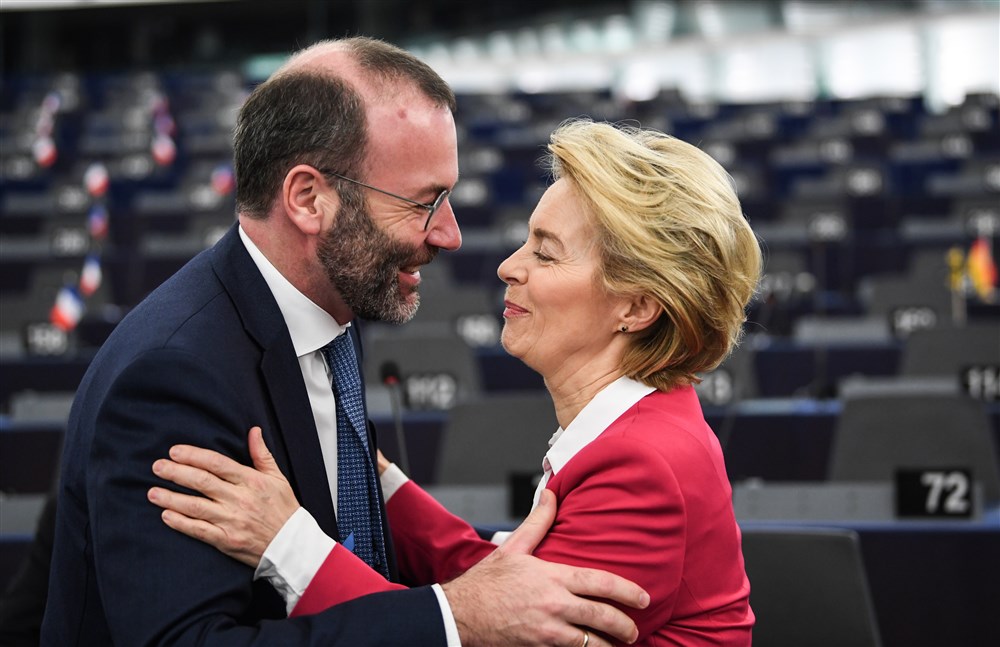The EPP and Renew Group have voted down a European Parliament recommendation to stop former MEPs from jumping straight into lobbying once their parliamentary term ends.
The proposed changes were part of the Parliament’s new resolution to reform the institution in the wake of the Qatargate scandal.
Many of the reforms are intended to tighten up loopholes that enable corruption, as well as to make the Parliament more transparent.
The particular reform in question related to what is called the “cooling off” period. The current rule is nominally intended to stop MEPs engaging in lobbying immediately after they leave the Parliament. It does this by making it illegal for former MEPs to work for listed lobbying groups until six months after the step down.
As a result, many observers say, it does very little to stop the creation of a “revolving door”, where politicians go almost straight into working as lobbyists for big businesses – and vice versa.
As MEPs each fought to get their own reforms included in the final resolution. A coalition from the Left, S&D and ‘green’ groups pushed forward an amendment to extend this cooling-off period to two years.
The hoped-for reform failed to make it into the final report. With the full weight of the centre-right EPP and the Liberal Renew Group swinging against it, the amendment was defeated with a final vote of 234 in favour, 332 against and 19 abstaining.
After the result, some on the Left expressed their outrage. “The public needs high standards, not double standards. We will continue the fight for ambitious measures to secure the transparency, accountability and integrity of our democratic bodies” said the Irish MEP Clare Daly.
In the final version of the resolution, the Parliament only “restates its commitment to implementing a six-month cooling-off period for former MEPs”.
In addition, it insists that compliance will be ensured as it suggests that, going forward, ex-MEPs will “be monitored” by a proposed “future EU ethics body”.
In the midst of the Qatargate scandal many now feel the European Union is not doing enough soon enough to combat corruption.
Current European Commission President Ursula von der Leyen had initially promised to create such an ethics body in 2019 in her bid to become head of the EC.
One MEP from the hard-left La France Insoumise party highlighted how the “Commission waited four years, witnessing the Qatargate scandal, and several cases of conflicts of interest in the European Commission” before they proposed creating an EU Ethics watchdog.
“That is an unacceptable affront,” the MEP added.
The overall Parliament resolution is not a binding piece of legislation but, say commentators, it does send a strong signal of dissatisfaction over EU efforts to combat corruption.





